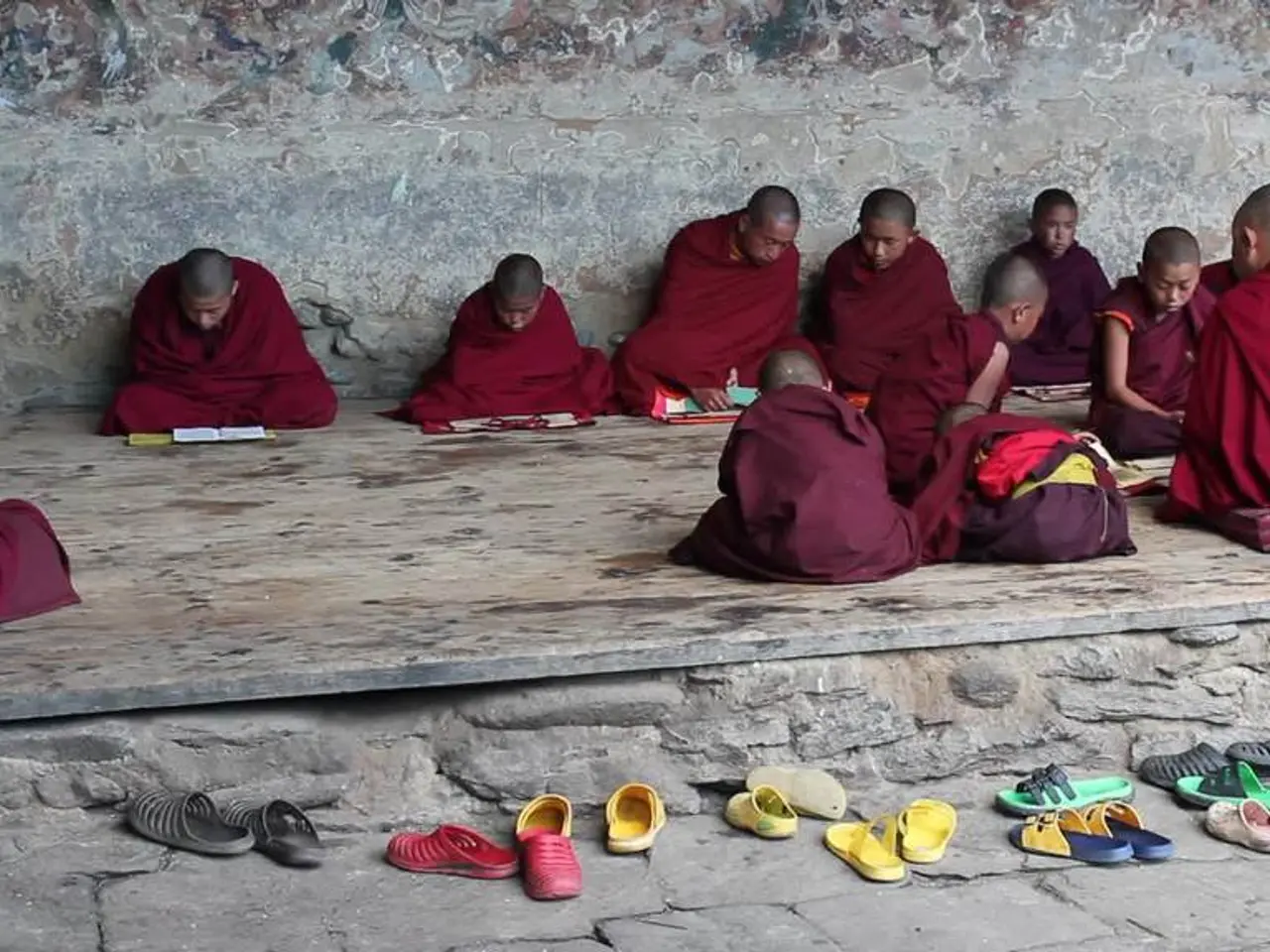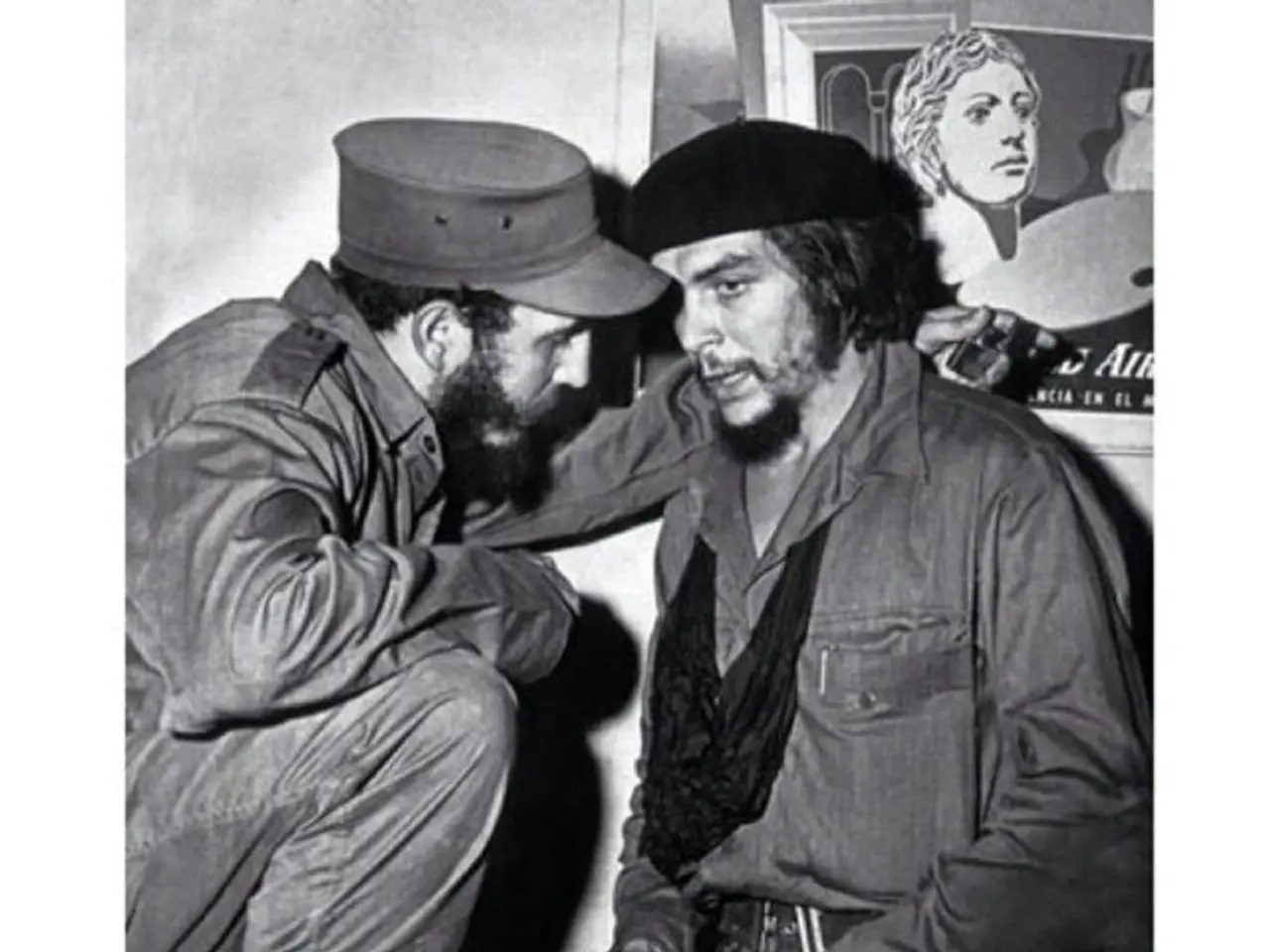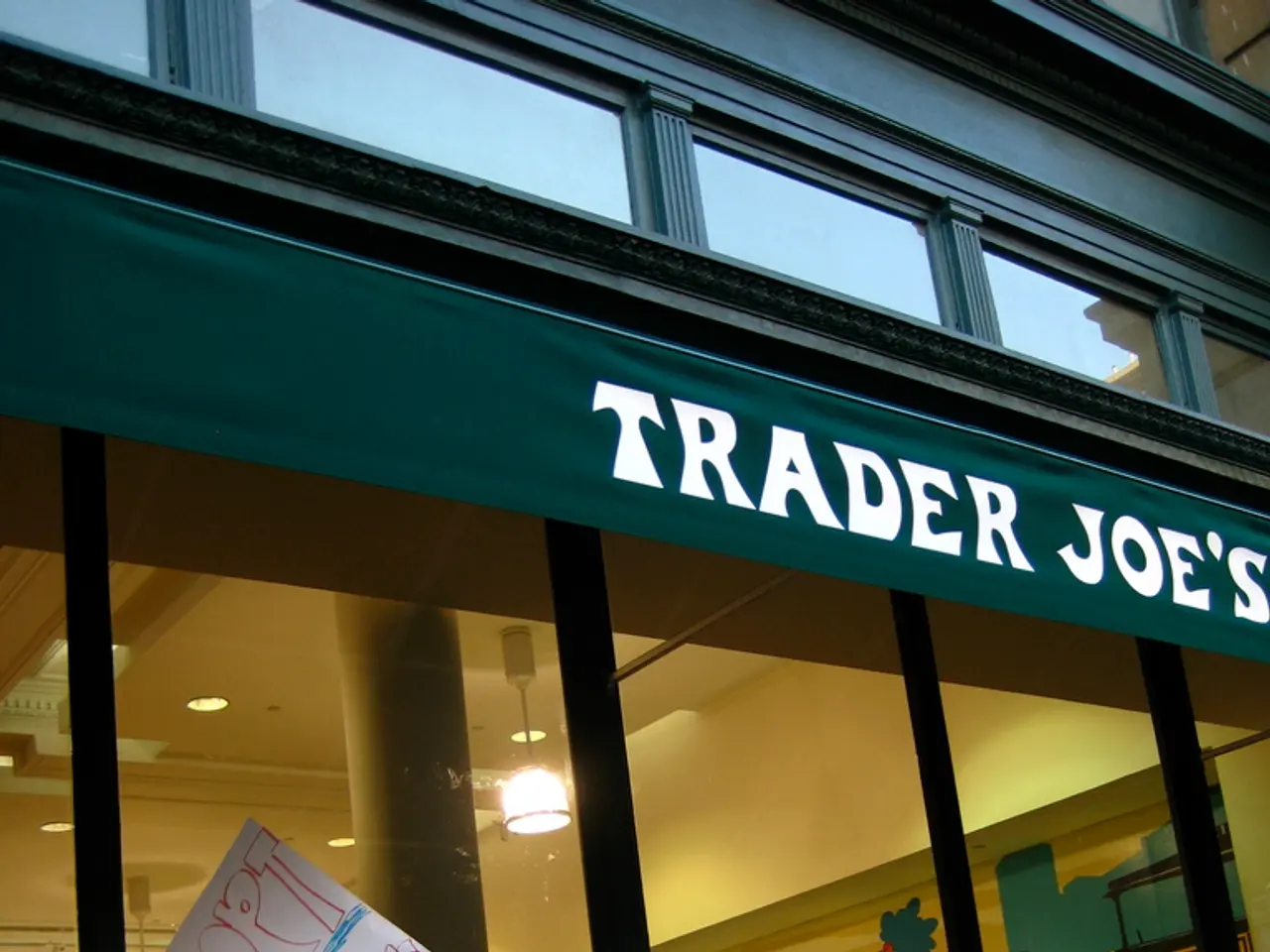Dalai Lama Celebrates 90th Birthday - A Visual Chronicle of the Famous Buddhist's Life - A visual journey through the life of the globally renowned Dalai Lama, marked by his 90th birthday.
As the Dalai Lama, the spiritual leader of the Tibetans, celebrates his 90th birthday on July 6, 2025, the question of his successor remains a matter of great contention. The Dalai Lama, who has been in exile for over six decades, has stated that his lineage, which dates back to the 14th century, may end with his death. However, China, which claims sovereignty over Tibet, has insisted that any successor must be approved by the Chinese government.
The Dalai Lama was born in the village of Taktser in northeastern Tibet in 1935 and was chosen as the 14th reincarnation of the highest religious leader of Tibetan Buddhism at the tender age of two. At the age of 15, he was appointed head of state following the Chinese army's invasion of Tibet in 1950. In 2011, at the age of 76, he relinquished his political power, with an exile Tibetan prime minister taking over.
The Dalai Lama's escape over the Himalayas at the age of 23 ended when he reached the Indian border, marking the beginning of his exile. Since then, he has been internationally celebrated as a champion of Tibetan freedom, except in China where he is deemed a state enemy. He is often compared to freedom fighters like Mahatma Gandhi, Martin Luther King, and Nelson Mandela. His appearances in sandals and traditional attire, along with his playful humor, have made him a darling of the world media.
However, China has appointed its own recognized Panchen Lama in the past, a move met with controversy and rejection by the Tibetan exile community and supporters of the Dalai Lama. As a result, the Dalai Lama's official successor, from the Tibetan spiritual perspective, has not been publicly named or universally accepted.
Tibet remains under Chinese control, with Beijing asserting sovereignty over the region. The Tibetan government-in-exile, based in Dharamshala, India, continues to advocate for Tibetan cultural and religious freedoms as well as some form of autonomy or meaningful self-governance. China labels such movements as separatist.
This disagreement has intensified tensions between Tibetans and Beijing and may also heighten geopolitical friction between China and India, given India's hosting of the Tibetan government-in-exile. The situation remains a complex and sensitive geopolitical and religious issue with ongoing implications for Sino-Tibetan and Sino-Indian relations.
In summary:
| Aspect | Status | |---------------------------|--------------------------------------------------------------| | Chosen successor | Not publicly confirmed; Dalai Lama asserts lineage will continue, China demands approval of successor | | Political status of Tibet | Controlled by China; Tibetan government-in-exile seeks autonomy and religious freedom; tensions remain high |
[1] Based on available information.
- The Dalai Lama, a globally recognized figure for his advocacy for Tibetan freedom, is often compared to historical celebrities like Mahatma Gandhi, Martin Luther King, and Nelson Mandela, and his playful humor has made him a favorite of entertainment media.
- In the realm of politics and general-news, the question of the successor to the Dalai Lama is a matter of ongoing contention, with China insisting on approval of any successor, while the Tibetan spiritual leader's lineage, dating back to the 14th century, may continue following his death, amidst uncertainties and disputes.








